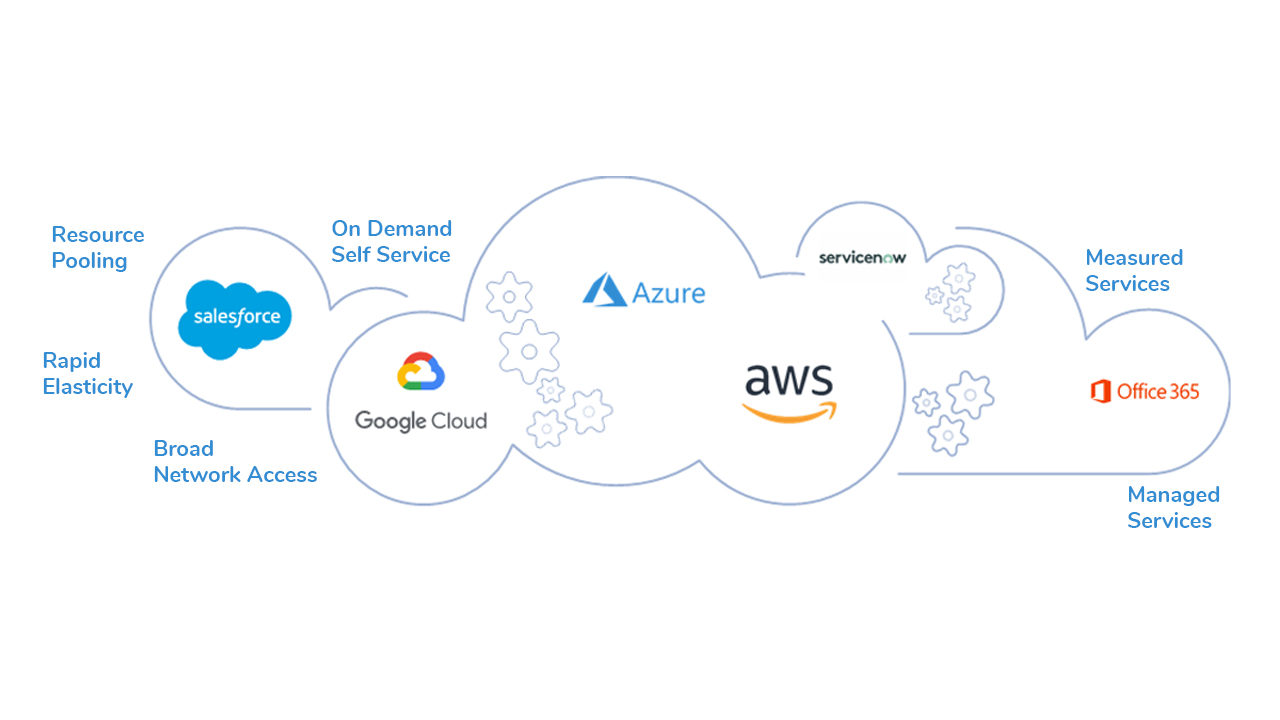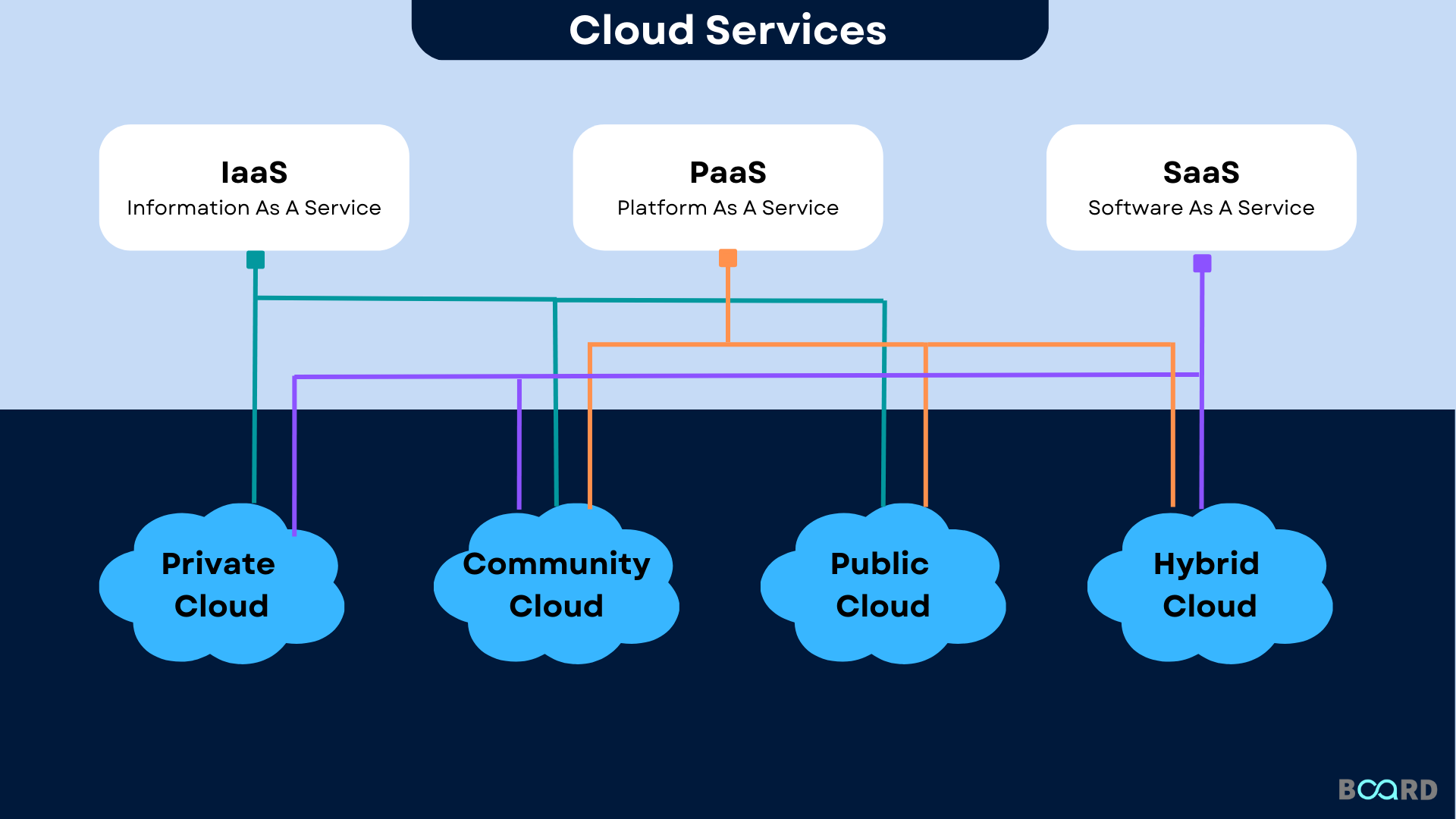Attain Success with LinkDaddy Cloud Services Press Release for Universal Cloud Service
Wiki Article
Secure Your Information: Reliable Cloud Services Explained
In an age where data violations and cyber risks loom large, the demand for durable data safety and security procedures can not be overstated, especially in the world of cloud services. The landscape of trusted cloud services is advancing, with file encryption techniques and multi-factor verification standing as pillars in the stronghold of delicate info.Relevance of Data Protection in Cloud Services
Making certain robust information protection steps within cloud solutions is critical in guarding sensitive info versus possible risks and unapproved accessibility. With the enhancing dependence on cloud solutions for storing and refining information, the demand for strict protection protocols has come to be more essential than ever. Data violations and cyberattacks position considerable threats to organizations, resulting in economic losses, reputational damages, and lawful ramifications.Applying strong authentication devices, such as multi-factor authentication, can help protect against unauthorized access to cloud data. Routine safety audits and susceptability analyses are additionally essential to identify and deal with any type of weak factors in the system immediately. Enlightening staff members concerning ideal techniques for information protection and enforcing rigorous accessibility control plans further enhance the overall safety and security position of cloud services.
Additionally, conformity with sector regulations and criteria, such as GDPR and HIPAA, is essential to ensure the security of sensitive information. Security strategies, secure data transmission protocols, and data backup procedures play vital functions in protecting info kept in the cloud. By focusing on data safety and security in cloud solutions, organizations can construct and reduce dangers trust with their consumers.
File Encryption Methods for Data Protection
Effective information security in cloud services relies heavily on the implementation of durable encryption strategies to guard sensitive information from unapproved gain access to and potential safety breaches. Encryption involves converting data right into a code to avoid unauthorized individuals from reading it, guaranteeing that also if information is intercepted, it stays illegible. Advanced Security Criterion (AES) is commonly utilized in cloud solutions as a result of its strength and integrity in safeguarding data. This technique makes use of symmetrical vital security, where the exact same trick is utilized to secure and decrypt the information, guaranteeing protected transmission and storage.In Addition, Transport Layer Safety And Security (TLS) and Secure Sockets Layer (SSL) methods are commonly utilized to secure data throughout transit in between the cloud and the individual server, providing an additional layer of safety and security. Security essential monitoring is crucial in maintaining the integrity of encrypted information, making certain that tricks are securely saved and handled to stop unapproved gain access to. By implementing solid security methods, cloud provider can improve information protection and infuse rely on their users pertaining to the safety of their information.

Multi-Factor Authentication for Boosted Safety And Security
Building upon the foundation of robust security techniques in cloud services, the application of Multi-Factor Verification (MFA) offers as an added layer of safety and security to enhance the defense of sensitive data. This added security action is crucial in today's digital landscape, where cyber risks are progressively sophisticated. Applying MFA not only safeguards data but additionally enhances individual self-confidence in the cloud solution carrier's commitment to data security and privacy.Data Backup and Catastrophe Recuperation Solutions
Applying robust data back-up and disaster healing services is important for safeguarding vital information in cloud services. Data backup includes producing duplicates of information to click here for more ensure its schedule in case of information loss or corruption. Cloud solutions supply automated back-up alternatives that regularly conserve data to safeguard off-site web servers, decreasing the risk of data loss due to hardware failures, cyber-attacks, or individual mistakes. Calamity healing services concentrate on recovering information and IT facilities after a turbulent event. These options include failover systems that automatically switch over to backup servers, data duplication for real-time backups, and recuperation methods to reduce downtime.Cloud provider frequently offer an array of back-up and calamity recuperation options customized to fulfill different demands. Companies should analyze their data needs, recuperation time purposes, and spending plan restraints to select the most suitable services. Regular testing and upgrading of backup and disaster healing plans are necessary to guarantee their efficiency in mitigating data loss and minimizing disturbances. By implementing trusted data backup and calamity recuperation solutions, organizations can improve their data security stance and keep organization connection despite unpredicted events.

Compliance Standards for Data Personal Privacy
Given the increasing focus on information protection within cloud services, understanding and adhering to conformity requirements for data personal privacy is extremely important for companies running in today's digital landscape. Compliance standards for information privacy encompass a collection of guidelines and guidelines that companies must comply with to make certain the security of delicate details kept in the cloud. These standards are made to protect data against unauthorized accessibility, breaches, and misuse, thus promoting count on between organizations and their clients.One of the most widely Cloud Services known compliance standards for information privacy is the General Data Defense Regulation (GDPR), which applies to organizations dealing with the personal data of people in the European Union. GDPR mandates stringent requirements for information collection, storage, and handling, imposing significant penalties on non-compliant organizations.
Furthermore, the Medical Insurance Transportability and Accountability Act (HIPAA) establishes standards for securing sensitive patient health info. Abiding by these compliance criteria not just assists organizations stay clear of legal repercussions but additionally shows a dedication to data privacy and security, improving their reputation among consumers and stakeholders.
Final Thought
In verdict, guaranteeing data security in cloud services is critical to protecting sensitive details from cyber hazards. By carrying out robust file encryption methods, multi-factor authentication, and reliable information backup services, organizations can reduce threats of data violations and keep conformity with data personal privacy criteria. Complying with best practices in data protection not just safeguards useful information however additionally promotes depend on with consumers and stakeholders.In an era where information violations and cyber dangers impend huge, the requirement for robust information safety and security procedures can not be overemphasized, specifically in the world of cloud solutions. Carrying out MFA not only safeguards data however also boosts customer confidence in the cloud service provider's dedication to data security and privacy.
Information backup involves developing duplicates of information to guarantee its accessibility in the event of data loss or corruption. universal cloud Service. Cloud solutions offer automated backup alternatives that consistently save information to protect off-site servers, minimizing the danger of information loss due to equipment failings, cyber-attacks, or customer mistakes. By carrying out durable encryption strategies, multi-factor verification, and trustworthy data backup remedies, companies can mitigate dangers of information why not try here breaches and preserve compliance with data privacy standards
Report this wiki page